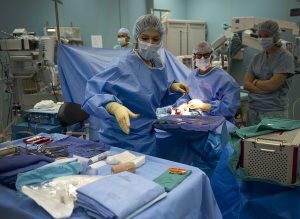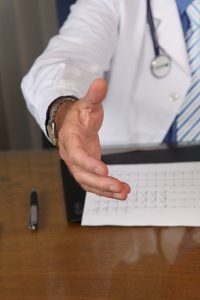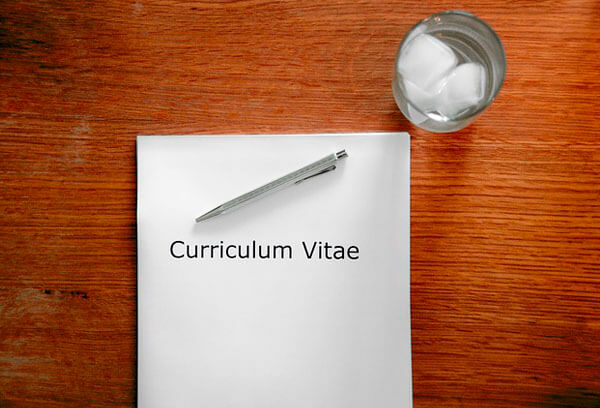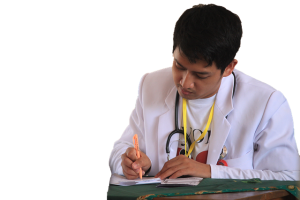Once The Match is over and you have found your residency program, there are only a few months before you start your life as a bonafide medical resident. The feeling is overwhelming, and you are probably still feeling the inertia of placement. This is not the time to spin out of control with excitement an eagerness. Although post-Match time is a time for planning, it is also a time to take care of yourself. Here are a few tips to help you manage life during your time in limbo between The Match and your residency:
You’ve done it. The interviews are over. Not only have you picked your residency, but they’ve picked you too. It is especially difficult to relax as a Foreign Medical Graduate (FMG) because the Match is more difficult. The momentum change from the Match to a few months of “regular life” is difficult for the brain to process. Here are a few tips:
- Sleep: Making sure you have a good sleep schedule is essential for your success as a resident. That may seem impossible with call schedules, but it is doable if you make it a priority. If pulling an all-nighter, make sure your free time prioritizes sleep over recreation…and sometimes over studying. Not prioritizing sleep could make all other efforts futile.
- Exercise: Long hours and lack of sleep don’t make a person want to exercise, but it will help the mind and the soul. People who exercise are healthier and less-stressed. With that said, any opportunities for outside exercise should be taken.
- Meditate: Everyone needs time for themselves, and the new resident is no exception. Yoga, meditation, or even people watching can give the body the self-appreciation it needs.
-
Connect:
While relaxation may be an important thing to consider, so is making or maintaining relationships. Personal and professional relationships prevent burnout and provide opportunity.
- Current Residents: As an FMG, it is very unlikely that you know the area where you will be a resident. Nobody is a better information source than current residents. Not only is it a great opportunity to make friends, but they know the best places to live and eat. They also can give advice on the details of the residency that you cannot get during The Match.
- Support System: You should also keep in touch with your friends and family even if they are abroad. Keep them informed of your schedule as much as possible, so you don’t end up isolating yourself because of a busy schedule. Ultimately, you will build strong relationships during your residency, but you don’t want them in lieu of losing old relationships. Explain to them the truth about time constraints, so nobody feels left out.
Yes, relaxation is important but not at the expense of your hard work. The few months before residency can provide time for yourself that may not be available during residency, but that doesn’t mean it’s time for a vacation. Brush up on your skills and keep your training and education fresh by continuing to study.
- Advanced Cardiac Life Support (ACLS): You may already be certified, but observing critical care can provide a good segue into care provided as a resident. Take any opportunities to observe, and you’ll be that much more ready to start.
- USMLE Step 3: You can only apply for step 3 of the USMLE after graduating medical school, so you may be taking this test after The Match. This means more studying!
- Medical Journals: As a physician, learning is never finished. Medical journals should always be on the “to-do list,” as it will keep you up to date and cutting edge.
One of the biggest risks after matching into a residency program is lacking direction. Prioritizing yourself, your connections, and your education will keep you from becoming stagnant and stressed about starting the last step on your way to becoming a fully-autonomously practicing doctor.
Taking care of yourself means taking care of your personal needs as much as your professional needs. That is why things like sleep, exercise, and mediation are essential to your regrouping and preparation for residency. It is easy to become isolated during this time out of a lack of direction but also out of a lack of prioritizing relationships. Success in life is largely dependent on relationships, and cultivating relationships helps maintain friends and family while building professional networks. Lastly, physicians should all consider themselves lifelong learners, and the time between the Match is no exception. Read, study and observe to maintain and build additional skills prior to residency.
There is no such thing as an easy residency, and during this time you will be stressed, hungry, tired, and overwhelmed. That is why the time between the Match is crucial for a successful residency. It is a break from the impossible workload of the medical graduate, but it is not a time to forget about your priorities.


















